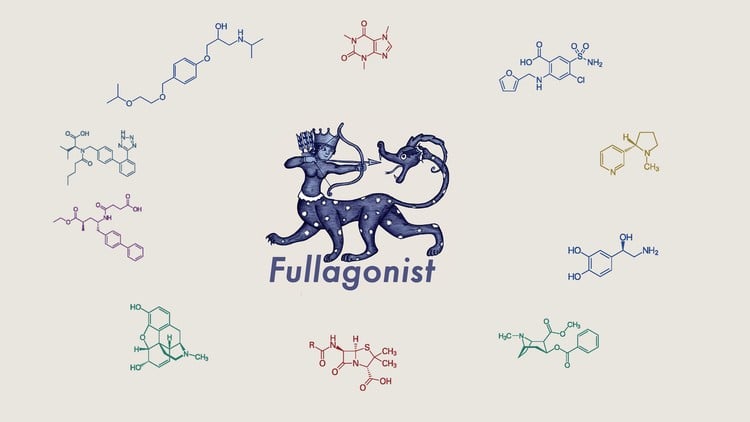
Master Autonomic Pharmacology: Cholinergic, Adrenergic drugs, Alpha & Beta Blockers and Ocular Pharmacology
What you will learn
Understand the Autonomic Nervous System (ANS) – Gain a comprehensive overview of ANS anatomy, physiology, and its clinical significance.
Learn about receptors, and the clinical use of cholinomimetics, anticholinergics, sympathomimetics, and related therapies.
Analyze real-world cases like scorpion envenomation, acute cocaine toxicity, beta-blocker poisoning, and hyperkalemia treatment.
Understand drug effects on the eye, including glaucoma management, and integrate pharmacological knowledge into broader clinical practice.
Why take this course?
Ready to take your pharmacology knowledge to the next level with a practical, clinically focused approach? This course delves into the essentials of Autonomic Pharmacology, a critical component of medical and pharmaceutical education.
Whether you’re a medical student, pharmacy student, resident, or doctor in training, this course is designed to bridge the gap between academic theory and real-world clinical practice.
What You’ll Learn:
- Introduction to the Autonomic Nervous System (ANS): Simplified anatomy, physiology, and clinical relevance.
- Cholinergic Pharmacology: Acetylcholine synthesis, cholinergic receptor types, cholinomimetic drugs, organophosphates and chemical warfare nerve agents, and their antidotes.
- Anti-Cholinergic Drugs: Atropine, other anti-muscarinics, neuromuscular and ganglionic blockers.
- Adrenergic Pharmacology: Catecholamines, vasopressors, cocaine toxicity, scorpion envenomation, and hyperkalemia treatment.
- Beta Blockers: classification, clinical use, withdrawal management, and poisoning scenarios.
- Ocular Pharmacology: Anatomy and physiology of the eye, with a focus on glaucoma management.
Why Take This Course?
Clinically Relevant: This course emphasizes real-world applications of pharmacology, helping you directly improve patient care and decision-making in clinical settings.
Comprehensive Coverage: Explore a wide range of topics, from drug mechanisms and receptor interactions to practical scenarios.
Simplified Learning: Complex topics are broken down into easy-to-understand concepts, making it accessible for learners at any stage of their medical journey.
Boost Confidence: Equip yourself with the knowledge and skills to approach pharmacological challenges with confidence in exams, rotations, and clinical practice.